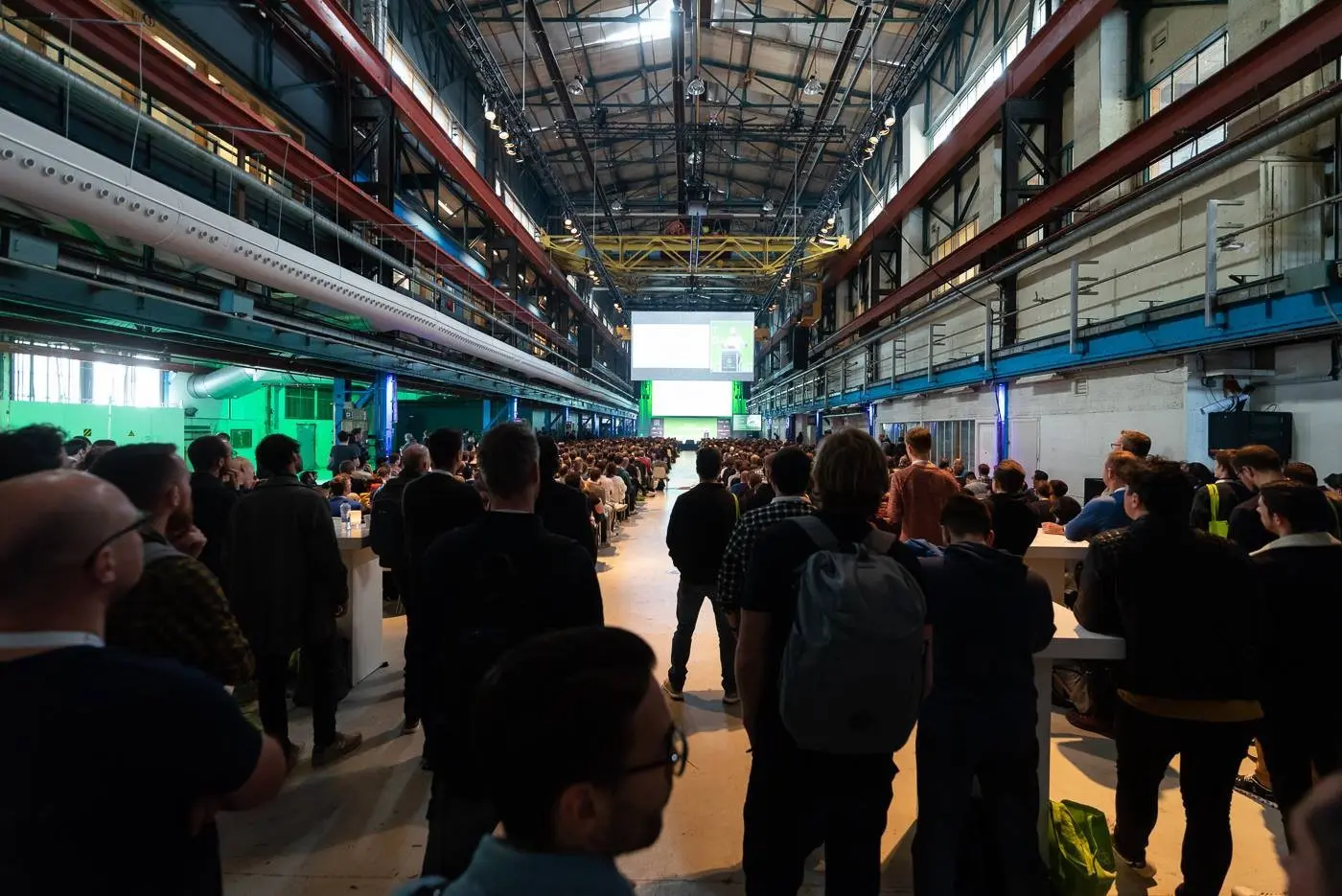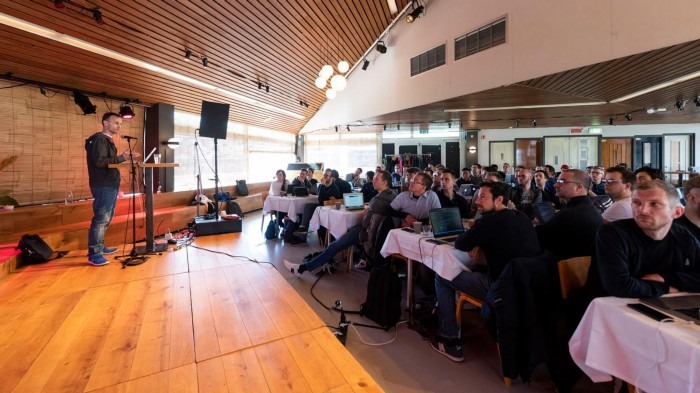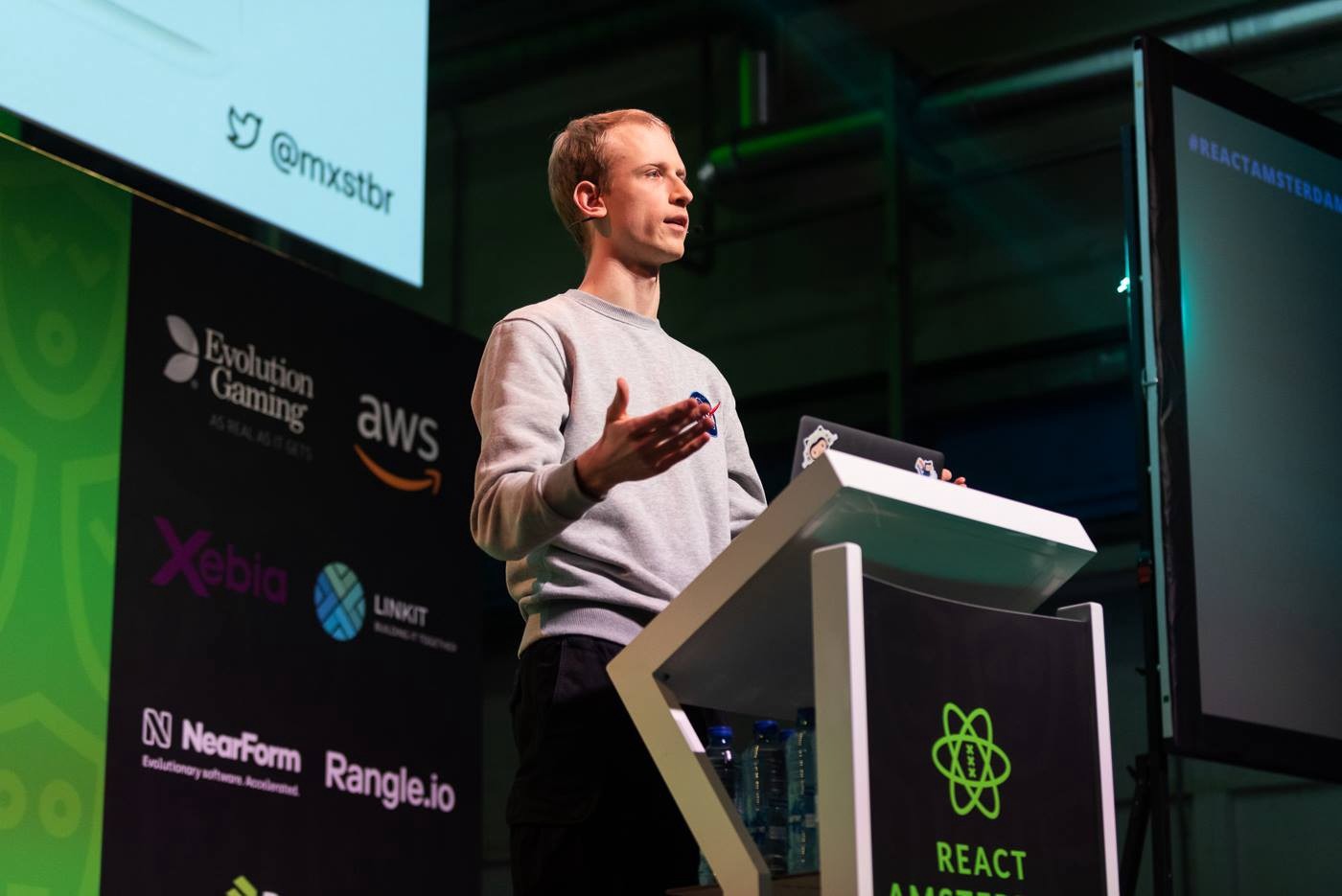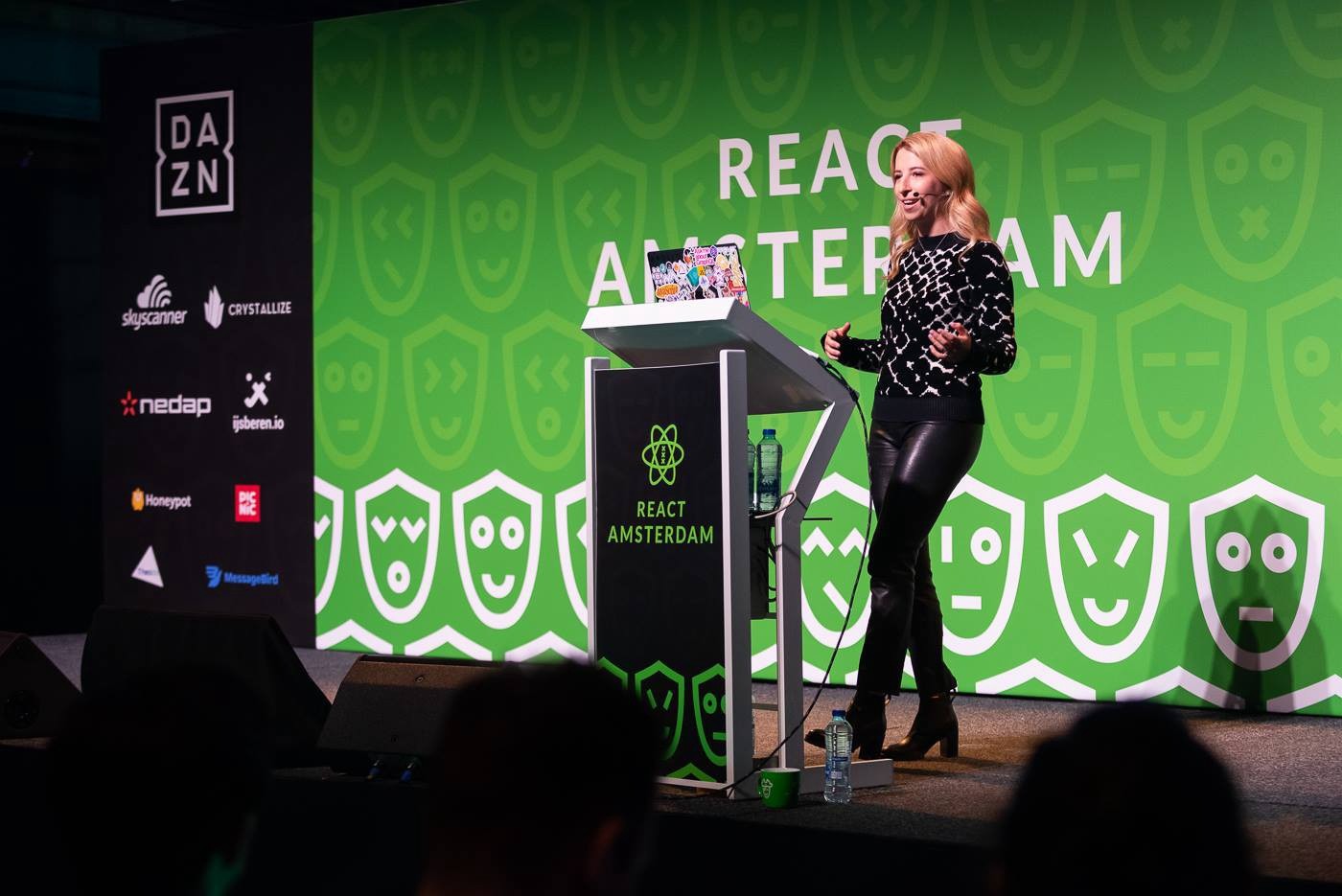
React Amsterdam 2019

Last week, I had the opportunity to attend to the React Amsterdam 2019 conference with over 1,300 developers from all over the globe. Hosted in one of the most vibrant cities in the world, the conference featured several workshops and talks covering the present and the future of React and React Native ecosystem, and looking at how companies are adopting all these technologies to ship innovative products. Here you can find my highlights of the biggest React conference in the world: Here you can find my highlights of the biggest React conference in the world: Here you can find my highlights of the biggest React conference in the world.
Kent C. Dodds has been a prolific contributor to the React community, he has participated and published open-source applications used by thousands of fellow developers and recently decided to go full-time as an educator. Kent gave the first talk on the main day and covered how to increase the understanding of abstraction, so it can be used more effectively. During the workshop, we not only learned several patterns but also looked at best practices that enhance flexibility, usefulness and simplicity of our React components.
I summarise the key learnings below:
I summarise the key learnings below:
- Use the Compound Components Pattern to write React components that implicitly share state while giving rendering flexibility to the user
- React Hooks best practices to easily share logic and optimise for performance
- Provide total logic control with the Controlled Props and State Reducer Patterns
- Take advantage of React’s Context API to share state throughout the application with the Provider Pattern

2. Max Stoiber is behind a few of well known open-source projects, such as Styled-Components, Polished and Spectrum — which has recently been acquired by Github (Microsoft). His talk covered the technology choices he regretted and the lessons learned at Spectrum in the past two years.
To summarise, here are six lessons Max has shared with us:
- Building a good product is all about experimentation. Optimise for iteration speed and flexibility
- Use existing solutions for technological problems where possible, particularly ones you do not understand deeply
- Carefully choose core technologies that are hard to change later
- Prioritize community size and active maintenance, especially in unfamiliar territory
- Deliberately assess cutting edge technologies, bias towards conservative choices
- Be open with your roadmap to learn about your user’s priorities

3) Peggy Rayzis is Apollo’s engineering manager. Apollo platform helps developers adopt GraphQL in their applications. She talked about how GraphQL can help to improve developers to be more productive, and how GraphQL tackles issues such as data fetching, caching and predictability on applications.
